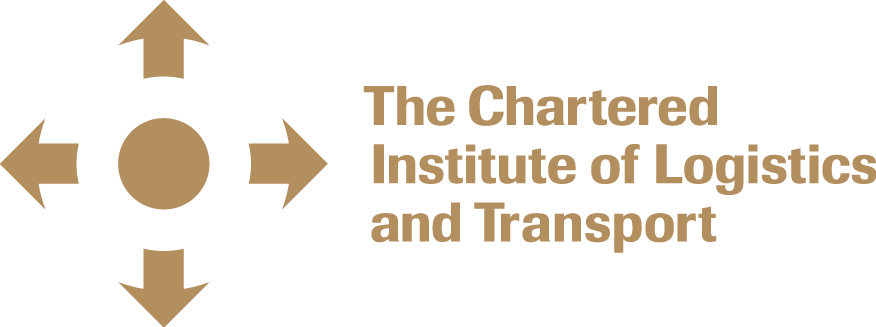The term friend-shoring came up a lot during the “three amigos” summit in Mexico City a few weeks ago. These meetings between Canada’s Prime Minister Justin Trudeau, United States President Joe Biden and Mexican President Andres Manuel Lopez Obrador are held about every two years.
This edition had a full agenda, focusing on migration, energy and trade. Trade is vital for both Canada and Mexico – 75 percent of our exports go to the U.S., while 80 percent of Mexican exports go there. Incidentally, Canada is the first destination of U.S. exports, so we believe we are an important customer and hope they feel the same way about us.
Border concerns
Migration and border issues are of paramount importance to the Mexico-U.S. relationship, as almost 2.4 million migrants arrived at the border in 2022. As well, the U.S. immigration system needs to address the approximately 11 million undocumented immigrants in the country, so this is a politically charged issue for our neighbours.
Work needs to be done on energy policies. The U.S. has become a major exporter of oil and gas, mostly through fracking, an environmentally questionable practice. Canada is in an odd position: we are a substantial energy producer but our green agenda limits the development of the appropriate infrastructure necessary to enable more exports, particularly to Asia, let alone supplying energy to Central Canada. So our energy exports, coming mainly from Alberta, increasingly move to the U.S. by rail. Mexico on the other hand, continues to cling to fossil fuels, with questionable policies that favour the state-owned company PEMEX (Petroleos Mexicanos).
Regional supply chain
The most promising outcome of the summit is the statement made by the three amigos that they want to create a North American regional supply chain, to lessen our dependence on other countries, particularly China. This is a legitimate goal, given the supply chain disruptions experienced during the pandemic, as a result of which, reshoring has become a priority for many countries.
To clarify the terms, offshoring is the relocation of manufacturing from a given country to a low-cost, often far away country. It started in the 1960s and intensified in the late ‘70s and early ‘80s, resulting in Asia becoming the factory of the world. Reshoring refers to moving that production back to the original country where the products are used, or at least closer to it, hence the creation of the term “regional supply chains”.
Systematic offshoring led to globalization, and the pandemic illustrated how we became unreasonably dependent on these low-cost countries for our supplies. Bringing manufacturing closer to consumption greatly reduces the risks of disruptions.
Friend-shoring
Friend-shoring, a “cousin” of reshoring, refers to relocating supply chains to countries with shared values, in particular democracy and respect for the rule of law, to encourage manufacturing and stimulate economic growth within that group. In short, we should not continue to support and strengthen autocracies and adversaries, just because they have lower costs.
What are examples of friend-shoring and who would benefit, and want to move away from authoritarian regimes for key products? Limiting our purchases of energy and raw materials from Russia following its invasion of Ukraine is a good example, though we haven’t gone to the extent of cutting supplies from those other countries that support Russia, directly or indirectly. That’s probably because there would be too many, in Asia, Africa, Latin America and the Middle East.
Looking at semiconductors, there are developments with South Korea and Europe. Countries like India, Indonesia, Malaysia and Vietnam have started to benefit from companies moving production out of China. Toymaker Lego recently broke ground in Asia on a new massive factory located not China, but in Vietnam. Apple has announced plans to move some iPhone production to India, in order to cut its reliance on China. One could object that Vietnam is not a particularly democratic country or that the Hindu nationalism promoted by India’s P.M. Modi is not very inclusive, but this is another debate.
In the same vein, many companies in the automotive, toys and electronics sector have moved production away from China to Mexico. Hopefully Canada will benefit as well, although we remain concerned about recent U.S. tendencies to favour local production, as we saw in the Infrastructure Act and as we heard in President Biden’s latest State of the Union speech about creating American jobs.
And speaking about friend-shoring, Europeans are as concerned as we are about the protectionist wind blowing from Washington.
Hopefully some of this is politically motivated and the advantages of a strong North American supply chain will prevail. So, in a generally less-friendly world, let us embrace friend-shoring!
Trade update: The three amigos and a North American supply chain, Christian Sivière, April 26, 2023, www.insidelogistics.ca

